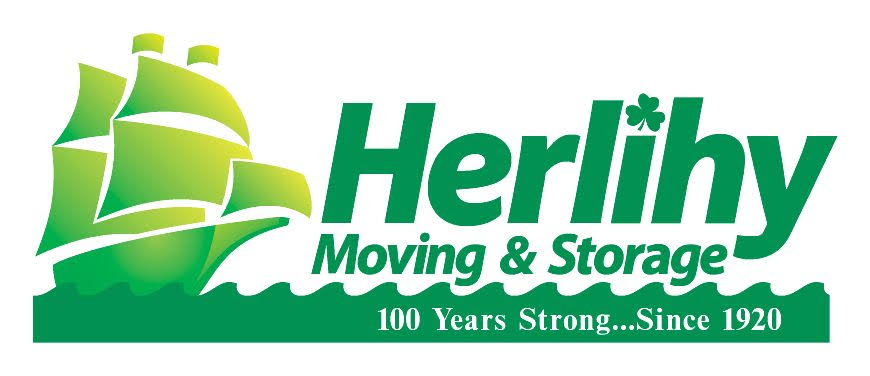25 Jul
Whether moving to a new place or downsizing your current one, securing a storage unit can often be wise. However, if you haven’t rented storage space before, you may not know how to compare different options to know which one is best. Fortunately, we’re here to help, so here’s a rundown of the top factors to consider before putting your excess belongings in storage.
Depending on your situation, you might need special storage for your household goods.
For example, you might need to store a few items of furniture or perhaps the contents of a four-bedroom house. Of course, everyone’s storage needs vary, but you might need:
- Short or long-term storage
- Extra space to keep furniture and household items when staging a house for sale or moving
- A safe place for your things during traveling, out-of-town job assignments, and military deployment
- Extra room for things you don’t actively use
- A spot to store dorm room furniture and belongings during breaks
- Storage for records, commercial warehousing, and logistics services
Here are some things to consider when looking for storage space.
Full-Service vs. Self Storage
The vast majority of storage unit providers offer self-storage services. In this case, you bring your stuff to the location and pack the unit yourself. With a full-service business, they can help you by packing, transporting, and storing your belongings for you.
Or, you might benefit from a movable storage container like a Portable on Demand Storage Container (PODS) for do-it-yourself-moving. Whether you’re moving into a new home, remodeling, or needing some temporary storage space, a storage pod might be the ideal solution.
Storage Unit Size
Before decluttering your life and putting your extra stuff away, you need to know how much space is necessary. When measuring, consider what you can stack on top of other items. For example, if you’re storing an end table, you can likely put boxes on top to save floor space. Storage units often come in five-foot increments, such as a 5 x 5, 5 x 10, 5 x 15, etc. As a rule, securing the next size up is usually better, just in case you need some extra room.
Climate Control
Although your storage unit won’t have its own A/C, the building should. This way, your belongings won’t get hot and humid during the summer and cold during the winter. If you rent from a non-climate-controlled provider, you may have to worry about problems like mold, rust, or pests.
Location and Convenience
Once you know how many items you have to move, you can determine the provider that makes it easiest to store and remove your belongings. For example, can you use an elevator if you go up or down a story? If so, is the elevator large enough to accommodate everything you’re storing? Also, does the building provide rolling carts, or do you have to supply your own? Finally, consider what it will be like to move your belongings yourself, and you’ll understand which provider is better than the others.
Contract and Lease Agreement
Do you have to commit to a certain number of months when renting a storage unit, or can you cancel your contract at any time? What liability does the provider assume? Sometimes, you might consider a storage unit insurance policy to prevent expensive out-of-pocket costs.
Security and Access
Finally, can you access your unit anytime, or does the building close overnight? What security features does the facility have, such as appropriate lighting, door locks, cameras, card scanners, and sprinklers? The more security features, the less likely your unit will experience problems.
Get Moving Help Today
Putting your stuff in storage can be stressful if you handle it yourself. So instead, let our professional moving team help pack and deliver your items to their temporary (or final) destination. Then, once you’re done with your unit, we can help you unload it. Contact us today to find out more.
We offer professional and affordable solutions for all your storage needs.



